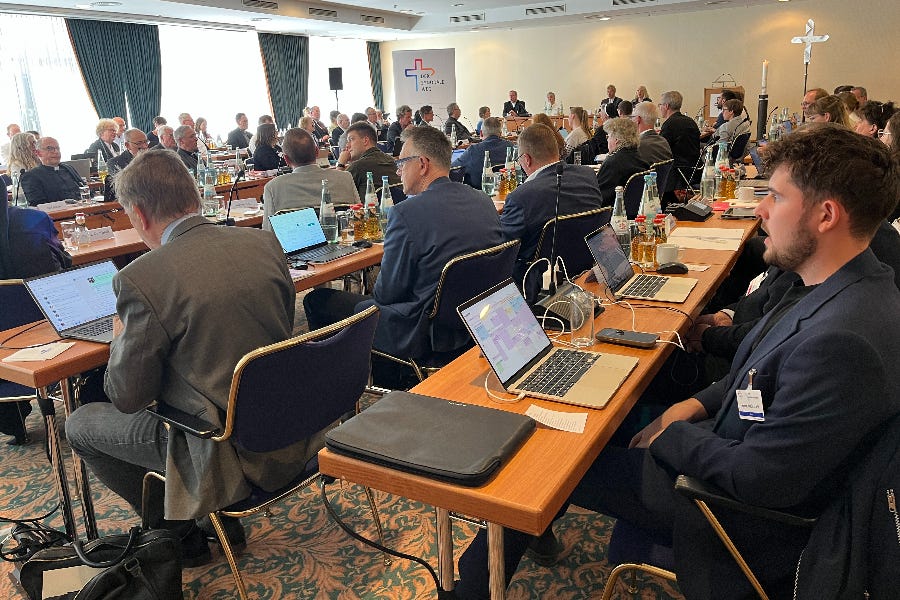German plans for new synodal body advance after papal election
The new body would ‘make fundamental decisions on pastoral planning.’
Members of the German synodal committee will decide in November whether to approve statutes establishing a new national synodal body, in a step that could reignite tensions between the Vatican and the Catholic Church in Germany.

